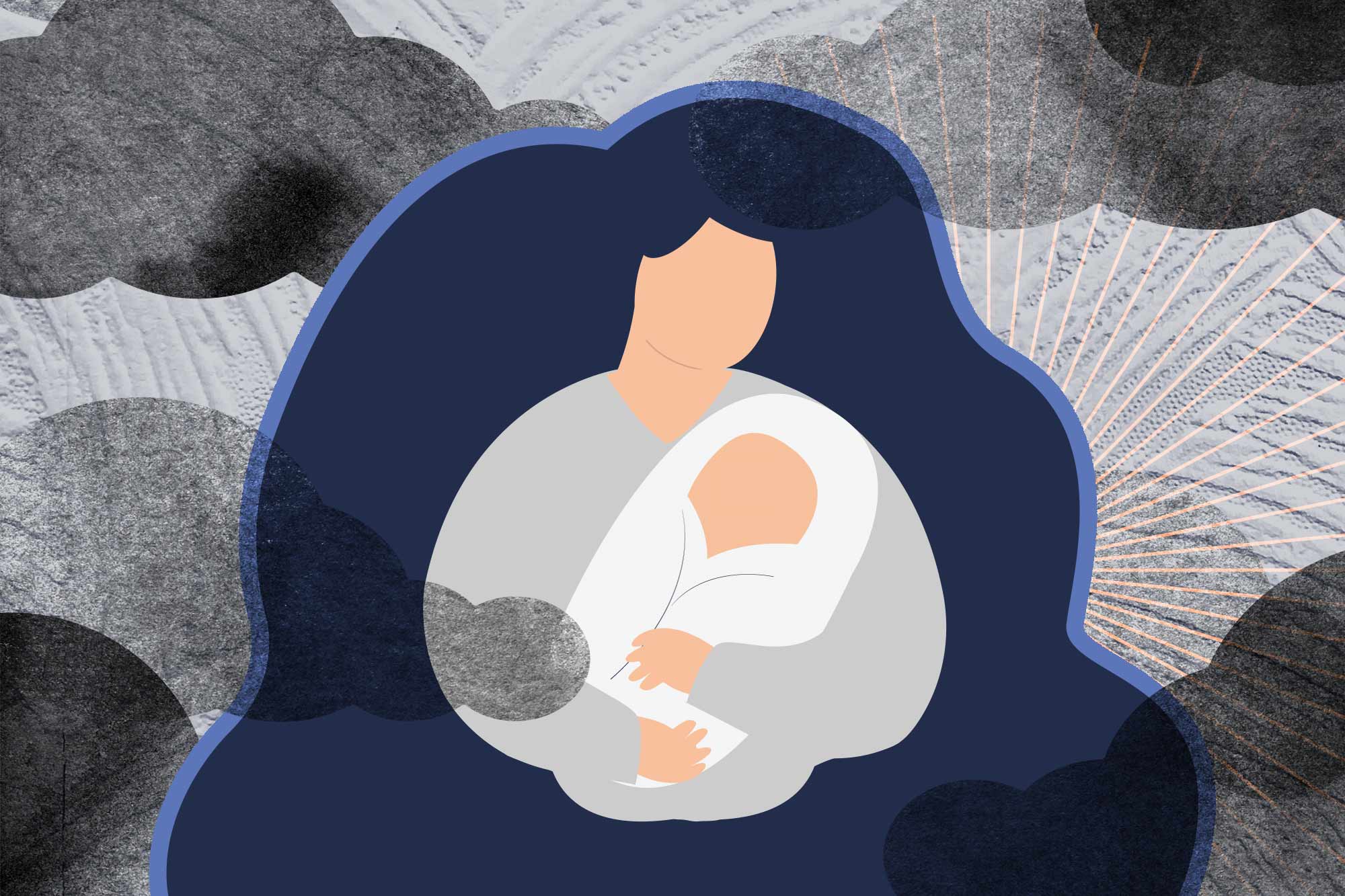Newly discovered biological changes in mothers who suffer postpartum depression may help explain the condition, yield long-sought treatments and let doctors identify those at risk even before their babies are born.
The discovery suggests that some mothers’ bodies don’t do well in cleaning up old genetic material and other cellular debris, and that could trigger the debilitating condition. It also means medicine that assists in the cellular clean-up might help.
“The finding that cells aren’t cleaning out old proteins and cellular debris, called autophagy, occurs before women develop depression symptoms, indicating that it could be part of the disease process,” said Dr. Jennifer L. Payne, director of the Reproductive Psychiatry Research Program at the University of Virginia School of Medicine. “There are several medications that promote autophagy in cells, so this finding might open the door to new treatments and to identification of women at risk of postpartum depression before they become ill.”






